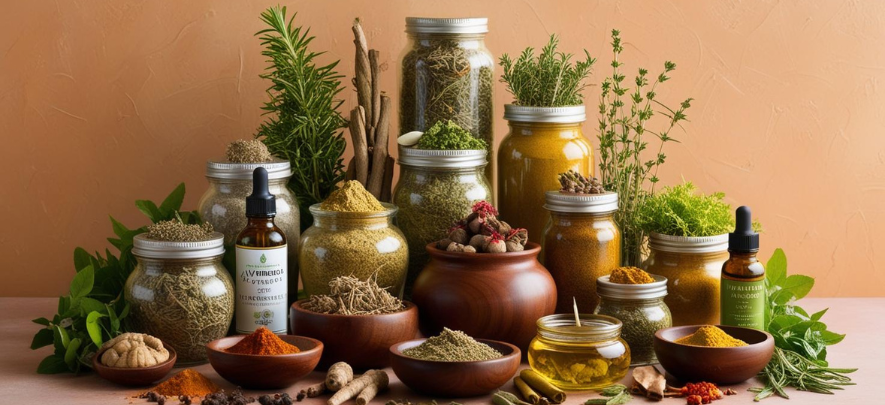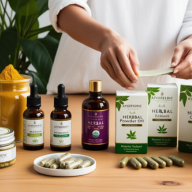Best Practices for Bulk Sourcing Ayurvedic and Herbal Products

Health & Lifestyle
8 week ago — 4 min read
In recent years, Ayurvedic and herbal products have witnessed a global surge in demand, driven by the shift toward natural wellness, plant-based remedies, and sustainable health solutions. For B2B buyers, retailers, wellness clinics, traders or resellers, sourcing authentic Ayurvedic and herbal products is key to business success.
Whether you're exploring Herbal Powders, Ayurvedic Tonics, Ayurvedic & Herbal Medicines, Herbal Sticks & Roots, Ayurvedic Oils or Herbal Supplements – here’s a comprehensive guide to help you make informed procurement decisions.
1. Identify Product Categories
Start by clearly defining which types of Ayurvedic and herbal products you need—oils, supplements, powders, skincare, or ready-to-use formulations. Understanding your niche (e.g., detox, immunity, skincare) helps streamline sourcing.
2. Verify Supplier Credentials
Only procure from suppliers that are certified by regulatory bodies like AYUSH (India), GMP, or ISO. Check for licenses, and origin of raw ingredients.
3. Assess Ingredient Authenticity
Ingredient purity directly affects product efficacy. Look for suppliers using ethically sourced herbs, wild-crafted or organically grown ingredients, and traditional preparation methods as outlined in classical Ayurvedic texts.
4. Check Packaging & Shelf Life
Proper packaging protects product potency. Choose suppliers offering moisture-resistant, eco-friendly, and tamper-proof packaging with clear labeling. Confirm shelf life and storage instructions for wholesale purchases.
5. Understand Regulatory Requirements
Ensure compliance with labeling, safety, and marketing norms for Ayurvedic products in your target market.
6. Request Samples Before Bulk Orders
Before committing to large volumes, test product samples for texture, scent, and results. In case of exports, ask for an Inspection Certificate or clinical validation if available.
7. Evaluate Delivery Timelines
Reliable suppliers must offer quick fulfillment, proper logistics handling (especially for temperature-sensitive items), and tracking. Bulk buyers can also negotiate shipping discounts and regular restocking.
8. Negotiate for Bulk Pricing
Ayurvedic product margins improve with scale. Ask for tiered pricing, trade discounts, or white-labeling options if you intend to resell under your brand.
9. Use GlobalLinker to Discover Trusted Ayurvedic Suppliers
GlobalLinker enables seamless B2B sourcing of Ayurvedic and herbal product suppliers through a curated network of verified, export-ready suppliers.
Conclusion
By following these best practices, businesses can build a credible Ayurvedic product line rooted in quality, tradition, and sustainability. Whether you’re a wellness startup or an established retailer, sourcing wisely ensures long-term success and customer trust.
Image source: Canva
Disclaimer: The views and opinions expressed in this article are those of the author and do not necessarily reflect the views, official policy or position of GlobalLinker.
Posted by
Supriya MathurMy endeavour is to help business owners digitise, network and grow easily. Towards this I help organise webinars, curate articles and answer queries via our help centre.
Most read this week















Comments
Share this content
Please login or Register to join the discussion